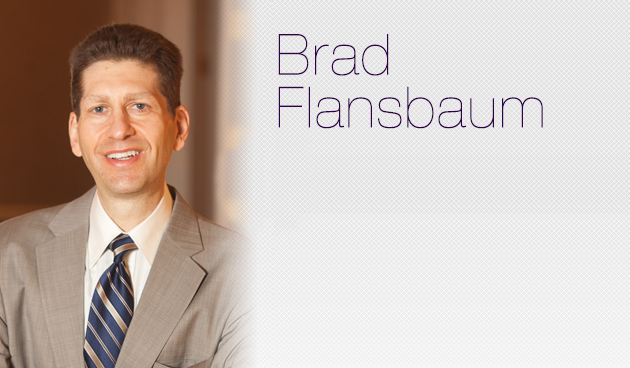I was reading a nice piece eulogizing David Bowie. If you are a fan of his you know what a towering figure he was in the music world. Given he died of cancer, I was also thinking about the docs involved in his care and their absolute pledge to him to guard his celebrity. HIPPA aside, if you know the man or like his music, you must be in awe and most certainly, aimed to satisfy his expectations.
If you work in a big town, you have probably seen your share of VIPs come and go into your facilities as well. And you have also witnessed or partaken in the privileges accorded to them by request from above or out of your reverence. By VIPs, of course, I mean starting quarterbacks, lead singers, chairs of the board, and local luminaries and donors with deep pockets.
I was curious about the literature base and whether any studies have been done to examine the VIP effect. I did not expect to find an RCT randomizing George Clooney types to a single room with quinoa salad service versus a muti-bedded pad with the dumpster, second-floor view, but I thought I would dig something up. Nada.
However, I did stumble on plenty of publications. And I know you will be shocked by the results:

Nothing but opinions. But I did find one research letter–the results of which you would connect to a more sane, reality-based approach to the cosmos.
“To better understand whether the practice of expedited care for hospital VIPs is practiced in Connecticut, the query was posed on a listserv survey of the medical directors of 32 of the 33 acute care hospitals in Connecticut to discover whether they approved VIP treatment in their EDs. It was specified that this was expediting care, not providing different care, and did not refer to a hall consultation. More than half responded, and all but 1 endorsed the practice; the other was noncommittal.“
So I ask, who among us would tell an influential board member who just built the new pediatric wing of your institution:
- He or she gets the meatloaf and gravy.
- Cannot stay the extra day because the DME company will not deliver the adjustable bed until the following morning.
- Cannot have the MRI instead of the CT Scan because his brother in law who works at Mass General told him that’s the better test.
Here is a situation where most people know the right path. Other than writing for controlled substances, a no-no most providers will not engage in, folks recognize giving in to the whims of VIPs delivers inequitable, more costly, and possibly harmful care. However, we all do it.
This is probably a singular case in practice where stated and revealed preferences are crystal clear–and we would agree with all 674 opinion pieces if pressed to weigh in. And yet after all is said and done, virtually every doc will give the VIP what they want (it’s called repercussions). That is the difference between the bioethicists who write the position pieces and the poor schlubs who are expected to abide by them.
The dream test. Art Caplan can tell Bill Gates he cannot have the private pod when he shows up to the ER with a sprained ankle. That’s a posthoc paper retraction I would like to see. Until then, I would advise you place the fresh rose on the breakfast plate if you want to see your paycheck. There is some real old-fashioned, sage-like evidence-based medicine drawn right from the wisdom vault.
(Yeah, yeah, yeah, I know I know. Smirky, smirky smiley face and all that other stuff.)




Leave A Comment